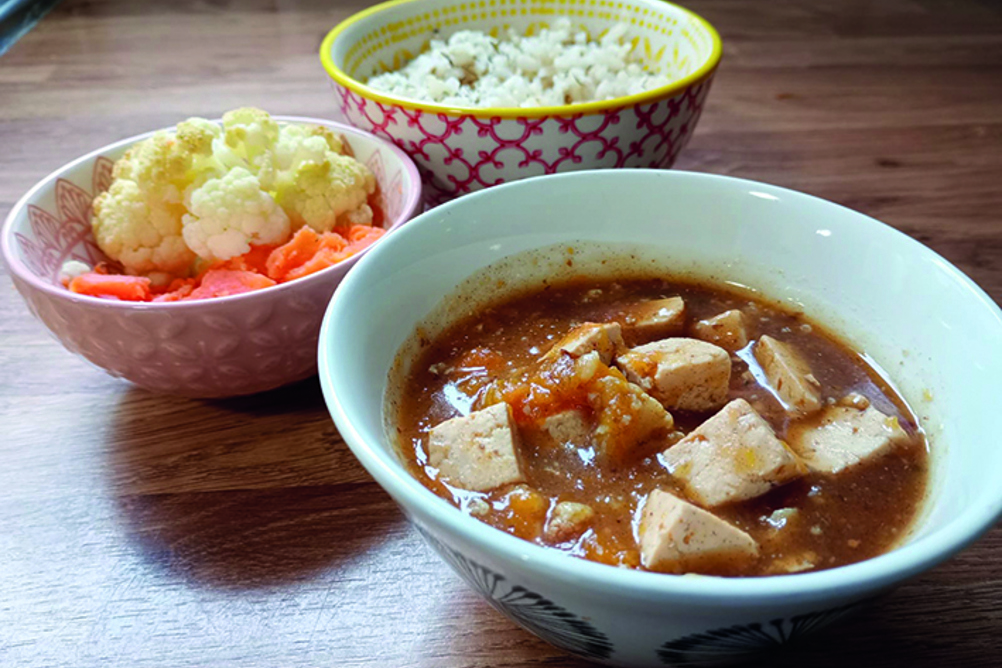
Massaman potatoes with kachumber salad, broccoli and celeriac stroganoff, or murgh kari (chicken curry) and naan bread are dishes likely considered more at home on a fancy restaurant’s menu than a nursery’s meal plan. But these are just some of the lunches that the children attending The Old Forge Day Nursery in Findern, Derbyshire enjoy, along with more familiar meals including fish pie with carrots and beef chilli con carne.
 Exploring and being exposed to a wide variety of flavours and ingredients is regarded as an important part of the children’s learning at the nursery, which won the Nursery Food Award at the Nursery WorldAwards 2024. Catering manager Kate Cresswell (right), who creates the menus and recipes and oversees the catering at The Old Forge along with The Den Nursery Group’s other two settings, believes that by introducing a variety of foods at a young age, children are more likely to grow up willing to try and enjoy an extensive assortment of meals throughout their lives.
Exploring and being exposed to a wide variety of flavours and ingredients is regarded as an important part of the children’s learning at the nursery, which won the Nursery Food Award at the Nursery WorldAwards 2024. Catering manager Kate Cresswell (right), who creates the menus and recipes and oversees the catering at The Old Forge along with The Den Nursery Group’s other two settings, believes that by introducing a variety of foods at a young age, children are more likely to grow up willing to try and enjoy an extensive assortment of meals throughout their lives.
Register now to continue reading
Thank you for visiting Nursery World and making use of our archive of more than 35,000 expert features, subject guides, case studies and policy updates. Why not register today and enjoy the following great benefits:
What's included
-
Free access to 4 subscriber-only articles per month
-
Unlimited access to news and opinion
-
Email newsletter providing activity ideas, best practice and breaking news
Already have an account? Sign in here









